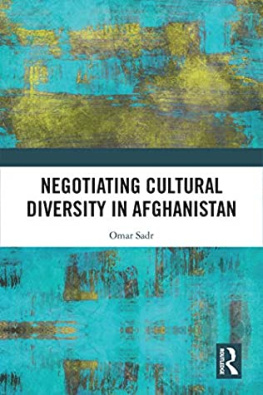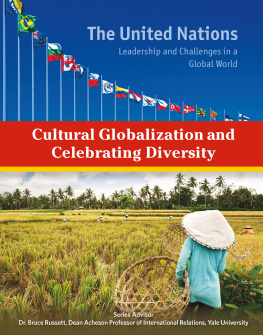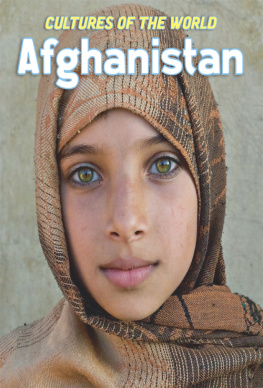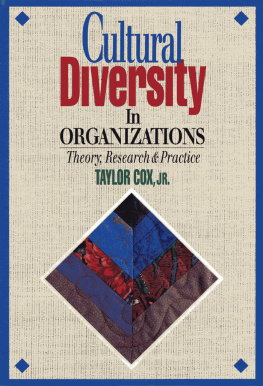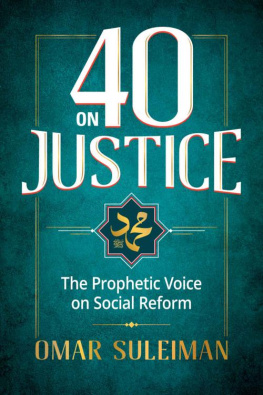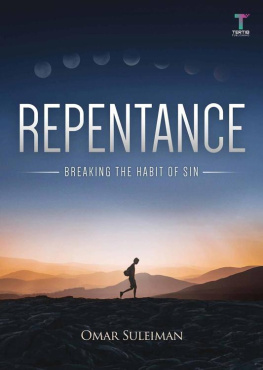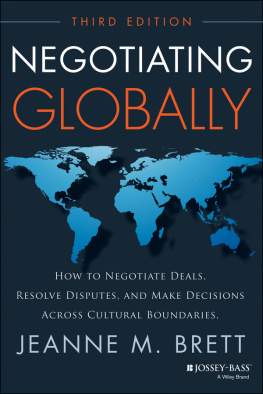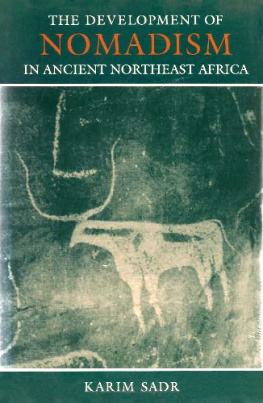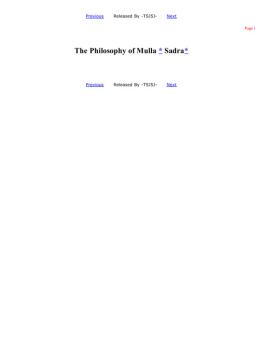Omar Sadr attempts a well-founded analysis of the identity politics in Afghanistan. His central argumentthat for democracy to be a successful project, it must be grounded in the representation of cultural diversityis pertinent to contemporary Afghanistan. Sadrs contribution to the discourse on multiculturalism addresses a crucial gap in the literature on Afghanistan, making it significant for its academic worth and its relevance to policy.
Jayashree Vivekanandan,
Department of International Relations, South Asian University, New Delhi, IndiaDrawing on contemporary normative literature, both from political theory and international relations, Omar Sadr makes a compelling case for preserving cultural diversity in Afghanistan. This work is laudable and well-timed, considering a growing perception that multiculturalism is on the wane globally. I am sure Sadrs work will immensely profit scholars across disciplines and especially those keen to learn from a transnational mapping of multicultural theory and practice beyond the intellectual comfort zone of Western constructs.
Ashok Acharya,
Professor, Department of Political Science, University of Delhi, IndiaNEGOTIATING CULTURAL
DIVERSITY IN AFGHANISTAN
This book analyses the problematique of governance and administration of cultural diversity within the modern state of Afghanistan and traces patterns of national integration. It explores state construction in twentieth-century Afghanistan and Afghan nationalism and explains the shifts in the states policies and societal responses to different forms of governance of cultural diversity. The book problematizes liberalism, communitarianism, and multiculturalism as approaches to governance of diversity within the nation-state. It suggests that while the western models of multiculturalism have recognized the need to accommodate different cultures, they failed to engage with them through intercultural dialogue. It also elaborates the challenge of intra-group diversity and the problem of accommodating individual choice and freedom while recognising group rights and adoption of multiculturalism. The book develops an alternative approach through synthesising critical multiculturalism and interculturalism as a framework on a democratic and inclusive approach to governance of diversity.
A major intervention in understanding a war-torn country through an insider account, this book will be of great interest to scholars and researchers of politics and international relations, especially those concerned with multiculturalism, state-building, nationalism, and liberalism, as well as those in cultural studies, history, Afghanistan studies, South Asian studies, Middle East studies, minority studies, and to policymakers.
Omar Sadr is Assistant Professor at American University of Afghanistan (AUAF), Kabul, Afghanistan. Previously, he worked at the Afghan Institute for Strategic Studies (AISS) and National Centre for Policy Research (NCPR), Kabul University. His primary research interests are in the intersection of culture and politics. He earned a doctorate from South Asian University, New Delhi, India. His recent publications include Political Settlement of Afghanistan Conflict (2019); The Fallacy of Afghanistans Peace Process: A Peoples Perspectives (2018); Mahmud Tarzi: Intellectual and Reformist, in Dev N. Pathak and Sanjeev Kumar H.M. (eds), Modern South Asian Thinkers (2018); Afghanistan: The Vulnerabilities of Minorities, in Sajjad Hassan (ed.), South Asia State of Minorities Report 2016: Mapping the Terrain (2016); and Rethinking Stability for Afghanistan: Socializing Great Powers in a Multilateral Order, in Rajen Harshe and Dhananjay Tripathi (eds), Afghanistan Post-2014: Power Configurations and Evaluating Trajectories (2015).
NEGOTIATING
CULTURAL DIVERSITY
IN AFGHANISTAN
Omar Sadr
First published 2020
by Routledge
2 Park Square, Milton Park, Abingdon, Oxon OX14 4RN
and by Routledge
52 Vanderbilt Avenue, New York, NY 10017
Routledge is an imprint of the Taylor & Francis Group, an informa business
2020 Omar Sadr
The right of Omar Sadr to be identified as author of this work has been asserted by him in accordance with sections 77 and 78 of the Copyright, Designs and Patents Act 1988.
All rights reserved. No part of this book may be reprinted or reproduced or utilised in any form or by any electronic, mechanical, or other means, now known or hereafter invented, including photocopying and recording, or in any information storage or retrieval system, without permission in writing from the publishers.
Trademark notice: Product or corporate names may be trademarks or registered trademarks, and are used only for identification and explanation without intent to infringe.
British Library Cataloguing-in-Publication Data
A catalogue record for this book is available from the British Library
Library of Congress Cataloging-in-Publication Data
A catalog record has been requested for this book
ISBN: 978-1-138-37105-7 (hbk)
ISBN: 978-1-003-00045-7 (ebk)
Typeset in Sabon
by codeMantra
TO MY MOTHER AND FATHER WHO ENDURED ALL THE HARDSHIPS TO PROVIDE ME OPPORTUNITIES
Figures
(Source: Prepared by author)
(Source: Mujala-e Kabul, Kabul Magazine, 1932, 80. Photograph by author.)
(Source: Kingdom of Afghanistan, Ketab-e Awal Farsi [Persian for First Class]. Kabul: Darululum Mubaraka Amania Kabul, 1920, Afghanistan Centre at Kabul University. Photograph by author.)
(Source: National Archives in Kabul. Photograph by author.)
(Source: National Archives in Kabul. Photograph by author.)
(Source: Diagram by author.)
Tables
There are many people I am grateful to for their advice and assistance during the research and writing this book. I would like to extend my thanks and gratitude to Dr. Jayashree Vivekanandan at South Asian University (SAU), who guided me generously and encouraged me extensively during my PhD as a supervisor. If there is any value to this writing, the credit goes to her guidance. I am grateful to Dr. Siddharth Mallavarapu for encouraging me to think critically about the use of multiculturalism theory. His words have always guided my journey into academia. He persuaded me to think critically, to read widely, to break the chain of ethnocentrism, and to be careful of what I am writing. I will always remember the teaching, support, and guidance of Professor Rajan Harshe, Dr. Dhananjay Tripathi, Dr. Medha Besht, Dr. Nabarun Roy, Dr. Soumita Basu, and Dr. Shweta Singh. I thank them for their continuous support and helpful recommendations during my PhD.
I wish to acknowledge the efforts and endeavour of the Department of International Relations at SAU for establishing an eclectic academic environment for six years during my masters in 2011 to my PhD that commenced in 2013.
I am grateful to my mother, Nahid, father, Murtaza and wife, Rashmi for always being my strength. They taught me to forgive and provided unending support and love.
This book theorises the patterns of political and socio-cultural integration in Afghanistan and the extent to which these policies have shaped cultural discrimination and inequality. It will explain shifts in the states policies and societal responses to different forms of governance of cultural diversity. By analysing how multiculturalism in Afghanistan is a movement from below and not a policy of the state, the study further seeks to identify indigenous formulations about administration and governance of cultural diversity in Afghanistan. Finally, the book aims to go beyond the formalistic understanding of rights to explore discourses and imaginaries of self, belonging and difference. The period that the study covers starts from the Mujahideen capture of power in 1992 until the end of President Hamid Karzais term in 2014. The genesis of claims for ethnic rights can be traced to this period, culminating in the Bonn Agreement in 2001.


